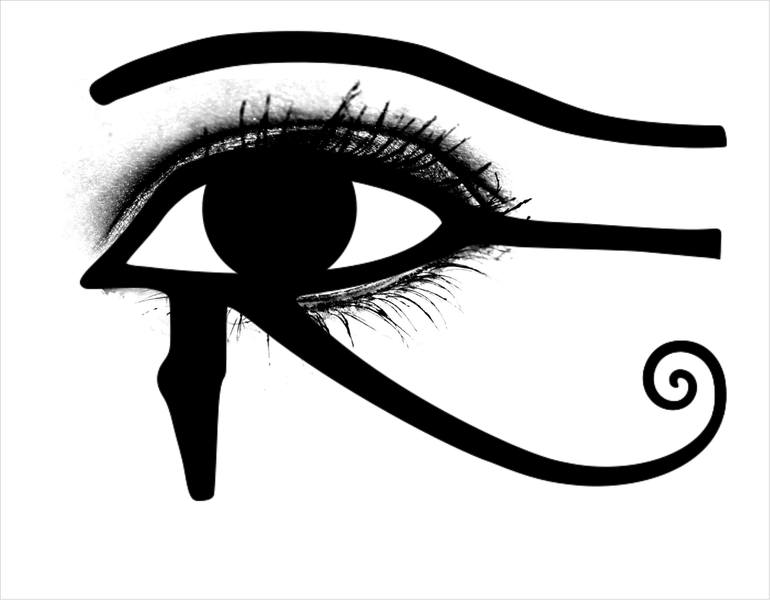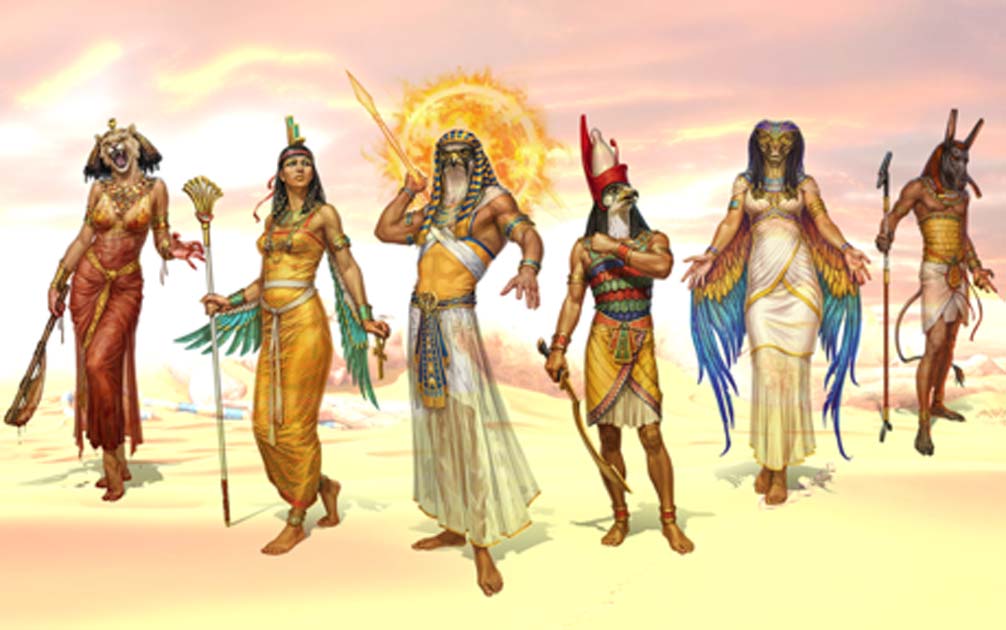
And here it is my full #top10 #mythology #books countdown in one place #MythologyMonday - #art by
@ShannonMaer
@comicsandroses
@Tatiana19796
@AimeeMaroux
@ShannonMaer
@comicsandroses
@Tatiana19796
@AimeeMaroux

(10) PRINCIPIA DISCORDIA (1963)
Or How I Found Goddess and What I Did to Her When I Found Her
Particularly when the Goddess in question is the playful goddess of chaos in classical mythology, Eris or Discordia,
Or How I Found Goddess and What I Did to Her When I Found Her
Particularly when the Goddess in question is the playful goddess of chaos in classical mythology, Eris or Discordia,

(9) DAISETZ SUZUKI - ZEN & JAPANESE CULTURE (1959)
Zen's influence on Japanese traditional arts - art, haiku, tea ceremonies, the Japanese love of nature and above all swordsmanship. I've always found swords to have a metaphorical resonance to life and how one lives it.
Zen's influence on Japanese traditional arts - art, haiku, tea ceremonies, the Japanese love of nature and above all swordsmanship. I've always found swords to have a metaphorical resonance to life and how one lives it.

(8) PETER DICKINSON - THE FLIGHT OF DRAGONS (1979)
Here be dragons!
And how! "Speculative natural history", which addresses perhaps the most awesome question of fantasy - what if dragons really existed
Here be dragons!
And how! "Speculative natural history", which addresses perhaps the most awesome question of fantasy - what if dragons really existed

(7) WESTON LA BARRE - THE GHOST DANCE: ORIGINS OF RELIGION (1970)
"Psychoanalytic account of the birth of religion through the lens of his treatment of the ghost dance religion of native America"
"Psychoanalytic account of the birth of religion through the lens of his treatment of the ghost dance religion of native America"

(6) JOSEPH CAMPBELL - THE HERO WITH A THOUSAND FACES (1949)
Behold the monomyth! (And the hero's journey)
Behold the monomyth! (And the hero's journey)

(5) PENGUIN DICTIONARY OF SYMBOLS (1969)
"This is a remarkable dictionary, exploring the vast and various symbols which abound in literature, religion, national identity and are found at the very heart of our dreams and sub-conscious"
"This is a remarkable dictionary, exploring the vast and various symbols which abound in literature, religion, national identity and are found at the very heart of our dreams and sub-conscious"

(4) KATHARINE BRIGGS - A DICTIONARY OF FAIRIES (1972)
A classic book, alternatively titled An Encyclopedia of Fairies, which now seems sadly out of print, by a classic British folklorist - indeed THE classic British folklorist
A classic book, alternatively titled An Encyclopedia of Fairies, which now seems sadly out of print, by a classic British folklorist - indeed THE classic British folklorist

(3) BARBARA WALKER - WOMEN'S ENCYCLOPEDIA OF MYTHS & SECRETS (1983)
She is the goddess and this is her body!
She is the goddess and this is her body!

(2) BULFINCH'S MYTHOLOGY (1867)
Bulfinch's Mythology still remains a classic reference (and handily in the public domain) - as indeed it was for me as my introduction as a child to the world of classical mythology
Bulfinch's Mythology still remains a classic reference (and handily in the public domain) - as indeed it was for me as my introduction as a child to the world of classical mythology

(1) BIBLE
The Hebrew dreaming and the great messianic ghost dance
The holy book of smiting and begetting
Chosen people and only son
The Hebrew dreaming and the great messianic ghost dance
The holy book of smiting and begetting
Chosen people and only son

My #top10 #mythology #books #tier list
Of course, in a literal sense the Bible is both OT and NT - but for me, if the Bible is my Old Testament of mythology books, then Bulfinch's Mythology and Barbara Walker's Women's Encyclopedia of Myths and Secrets are my New Testament
Of course, in a literal sense the Bible is both OT and NT - but for me, if the Bible is my Old Testament of mythology books, then Bulfinch's Mythology and Barbara Walker's Women's Encyclopedia of Myths and Secrets are my New Testament

• • •
Missing some Tweet in this thread? You can try to
force a refresh







